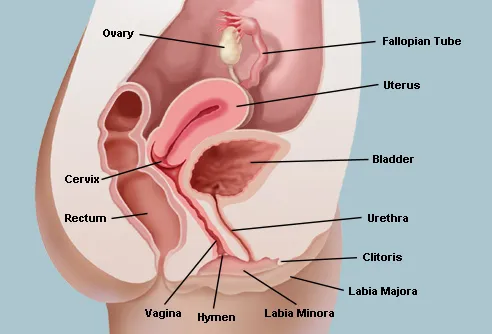
That irritation occurs because the vaginal walls become thinner, losing elasticity and especially moisture. “In the past, we used to say to go with cotton underwear, but I think that’s something women have to experiment for themselves.” Gass also recommends against using douches (“unless it’s treating a specific problem”), soap, and anti-cling products or fabric softeners on underwear. Gass, since regular intercourse helps the vagina remain moist and flexible.ĭr. “If women value their sexual life, it’s better to stay sexually active on a regular basis,” says Dr. Used to restore moisture, Local Estrogen Therapy is a low-dose of hormones administered via pill, cream, or ring, and can be done by, “anyone who does any kind of gynecological care.”

Swica suggests, “Try it on your forearm before using it on your vagina.” You can use olive oil or coconut oil, as well, and it’s a little messy, but it works.” If you’re unsure of a potential reaction, Dr. There’s silicone, water, and oil-based lubricants. “ Lubricants are what you use when you need much more moisture, during sex. “Moisturizers like Replens and Luvena eliminate the feeling of dryness.” “ Moisturizers are something you use twice a week, to keep the vagina moist,” says Dr. Gass adds, “There are some people who notice it other times, maybe when they’re walking or doing exercise.” Scratch that itchįortunately, there’s both long-term and temporary relief for the discomfort that comes with VVA. And that’s when they’ll really notice it, because it’s painful.Īnd while sex is the main instigator of itchiness, Dr. “Anywhere from 20 to 50 percent of women start to have this complaint of burning, itching-and these are chronic sensations,” says Dr. “The vaginal opening can shrink, and the length of the vagina can shrink. “The loss of our sex hormone (estrogen) can result in dramatic changes in the appearance and function of the vagina,” says Dr. VVA affects the vagina as well as the vulva. Simply wash the area gently with water and move on. “I don’t think women need to be that concerned about it,” says Dr. While cosmetic surgeons have seen a jump in labiaplastyprocedures in recent years, this natural process is nothing to freak out about. That means, “the tissue can become more pale and smoother, the labia can become less distinct, and the vulva will lose its fullness. Genitourinary Syndrome of Menopause, or GSM) resulting from the gradual loss of estrogen that comes with perimenopause and menopause. At some point, however, we can begin to experience Vulvovaginal Atrophy (VVA) (a.k.a. Your vulva remains largely unchanged from your late teens to your 40s, and even into your 50s. “Often, women talk about their vagina, and what they really mean is their vulva, the lips, the clitoris, the labia majora, the labia minora, and even the urethra. “ The vulva is the outside, and the vagina is the canal,” says Dr. Your changing vulvaįirst thing’s first: While closely connected, your vulva and vagina are two different things. Fortunately, there are ways to combat this, like creams and laser treatments, which are discreet and fairly inexpensive. Margery Gass, board-certified gynecologist and Executive Director of The North American Menopause Society. “There are women who gain hair on their face places they don’t want,” says Dr. On the not-so-bright side, hair begins to appear elsewhere.

On the bright side, this means you’ll need to shave less as you get older. Your scalp, leg, and underarm hair may thin, as well, especially after menopause. Yael Swica, practitioner at Village Women’s Health in New York City and Clinical Assistant Professor of Family Medicine at the Center for Family and Community Medicine at Columbia University. “Usually you don’t lose the hair entirely, but a lot can be lost,” says Dr. Perhaps the most noticeable change in your vaginal area is the greying, thinning, and loss of pubic hair. Read on to discover exactly how your vagina transforms and adjusts to maturing, as well as tips from experts on keeping it healthy and yes, active. Sadly, these changes aren’t oft-discussed topics, meaning we’re typically uninformed and woefully unprepared for the realities of our aging lady flowers.

As if puberty and childbirth weren’t enough, your vagina-and the surrounding area-are in for many more changes as you get older, especially after menopause strikes.


 0 kommentar(er)
0 kommentar(er)
